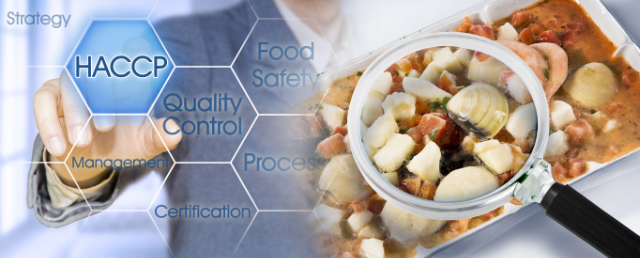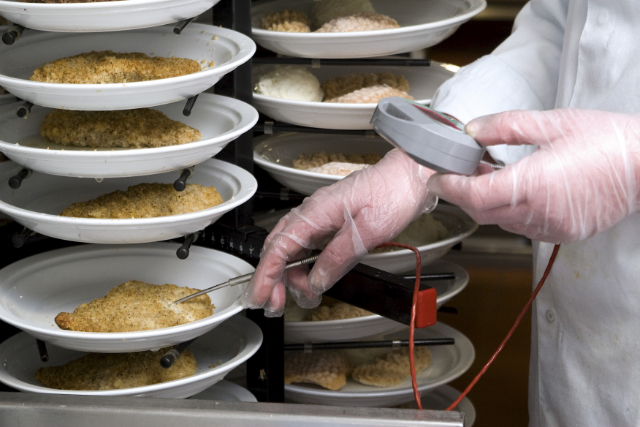4 Tips About Food Safety Regulations You Can’t Afford to Miss

Foodborne illness in the United States is a major cause of personal distress, preventable death, and avoidable economic burden. The Food and Drug Administration (FDA) Model Food Code estimates that 76 million people become ill from microorganisms in food resulting in as many as 5,000 needless deaths every year.
According to the Centers for Disease Control and Prevention, foodborne illness outbreaks caused by the mishandling of food occurred most often within the retail segment of the food industry, such as restaurants, markets, schools, camps, churches, and institutions, where ready-to-eat food is prepared and provided to the public for consumption. Viral pathogens are now the leading cause of these outbreaks.
As a business owner, e.g., a restaurant, your level of commitment will determine the number of customers you will attract to your premise. Therefore, make sure you adhere to the guidelines provided by health department officials to ensure you meet the required levels. Here are the best tips and guidelines to follow.
Proper Cleaning
Germs that cause sickness can survive in many places and surfaces. Due to this, it is important to make sure every employee washes their hands properly and regularly while at work. In addition, provide your clients with the required hand sanitizers wherever they are seated. Consider mounting public washing stations where everyone can have access easily.
Ensure that all the surfaces and utensils in your restaurant are washed after every use. This includes all areas where food is prepared as well as areas where food is served.
Separate Food Types
You can achieve this guideline by not cross-contaminating your food items. Use different plates and chopping boards for eggs, meat, poultry, or seafood.
- One chopping board for fresh produce and foods that can't be cooked before they are eaten.
- Different utensils for cooked and raw foods
- Use hot, soapy water to wash the used items thoroughly
Thorough Cooking
It is critical to cook food at the right temperature. With a high internal temperature, your food will cook safely, eliminating germs that can cause illness.
- Microwave your food thoroughly to 165°F or above
- Follow the specific barbeque and smoker guidelines
- Always keep your food hot at 140°F or above after cooking
Chilling Food Products
It is extremely important to refrigerate and freeze your food properly. Typically, you should refrigerate all perishable foods within two hours.
- Set your refrigerator to 40°F or below and freeze it to 0°F or below using a thermometer.
- Check the Safe Storage Times chart before throwing out any food.
- All your leftovers should be stored and covered in a container immediately to allow cooling.
Consider consulting a professional health practitioner for more guidance to help you stay on track.
It is a shared responsibility of the food industry and the government to ensure that food provided to the consumer is safe and does not become a vehicle in a disease outbreak or in the transmission of communicable disease. This shared responsibility extends to ensuring that consumer expectations are met, and that food is unadulterated, prepared in a clean environment, and honestly presented.

Posted in: Cooking Tips & Recipes